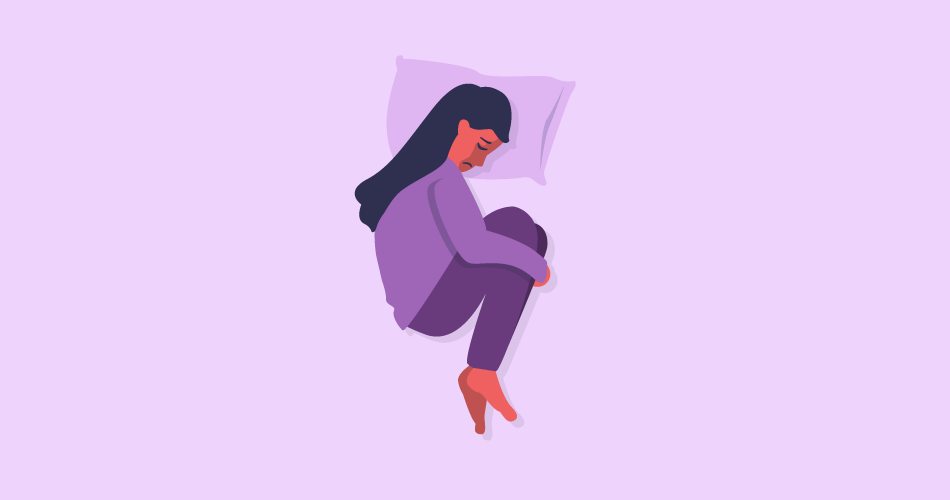
Although depression is a disease that has probably existed in human history, therapies specifically to treat depression are relatively new. The medical world has not been able to differentiate between multiple types of mental disease over many centuries.
The research was able to start designing treatment options to address common depression symptoms after the disorder became identified as a unique kind of illness. Today, a variety of treatments for depression can be used in conjunction or in tandem with other interventions to alleviate the patient’s depression.
An Overview of Depression Treatments
It is improbable that depression will just go by itself. Depression can potentially last for months, even years and can have some negative effects on a person’s life if ignored and left untreated.
The treatment that is perfect for everyone needs to be found. To find a treatment that fits will take time and patience.
Treatments for Mild Depression
Different types of depression need to be treated differently. Mild problems can be improved by:
- Modifications in the daily routine (e.g. regular exercises and workouts)
- A psychological treatment offered by a therapist in mental health or via e-therapies
- Treatments for Mild to Severe Depression
- Medical treatments in conjunction with these other therapies are probably needed for mild to more severe depression.
Depression treatment will start with your doctor’s appointment. Reserve an extended appointment to allow the symptoms and treatment options to be addressed. Your doctor can request you to complete a medical questionnaire or to carry out depression tests to examine your conditions completely.
A nurse, social worker, therapist or psychiatrist may be recommended by your doctor after seeing your depression test results. Taking out a depression test is the best way to knowing your number and keeping it in the record.
Treatments for Depression
Changes in Your Lifestyle
Changes to the lifestyle can be an effective method of treatment to facilitate depressive disorders, especially depression. The most challenging part of handling your own depression may be changed in your lifestyle or ridding yourself of old and dysfunctional habits. Here are some ways of changing your perspective:
Discover your life’s positive goals.
A good sense of purpose provides a shield against unforeseen challenges and hurdles. Activities that connect you to something a college degree or master’s degree in a course can be not only a goal to accomplish but also a safe and enjoyable diversion.
Grow social support
Most people can have a reason to get up in the morning via direct ties with others (friends, family members, neighbors, etc.). Strong relations help to reduce loneliness and isolation. Join a group, make phone calls, volunteer in any social activity or animal shelter, take a dog, or maintain contact with friends and relatives.
Develop the ability to cope with stress
It can help to identify what causes stress and to eliminate these scenarios. In invariably stressful situations (for example, family events) a person is less subject to depression through practicing relaxation techniques.
Psychotherapy
Psychotherapy is the earliest of modern treatments for depression, originally developed by Sigmund Freud. The depression therapy started at the end of the 1800s when it was known as a particular condition first. Psychotherapy usually refers to the diagnosis of mental disorders when speaking to a medical professional about the condition and related problems.
In the past, health professionals assumed that all depression is linked through situations; in other words, all depression was caused by people reacting to external conditions. Psychotherapy is designed to help people understand these psychological causes and develop strategies to overcome them.
Brain stimulation therapy can be effective for some, but not successful after other treatments. Some of the brain stimulation therapies for depression treatment are:
Electroconvulsive Therapy
During Electroconvulsive Therapy (ECT), brief electrical impulses are delivered to the brain. ECT induces other side effects, including loss of memory. Until launching a clinical trial, people should understand the risks and benefits of this technique.
Repetitive Transcranial Magnetic Stimulation
RTMS is a relatively new kind of brain stimulation that uses a magnet to stimulate the brain, rather than an electrical current. As a repair procedure, it is not successful.
VNS (Vagus Nerve Stimulation)
Stimulation of vagus nerves (VNS) has a complicated history. VNS therapy is designed to decrease depression symptoms. It may take several months to see any benefit to the patient and not all patients can respond to VNS.
Medicines
Various drug formulations were used to treat depression since the 1950s when the iproniazide medication was used to alleviate symptoms of depression and was first used to cure tuberculosis. Patients are now available with a wide variety of depression specific drugs.
Such medications are divided into groups based on how the brain relieves symptoms of depression. Many patients now have the best type of depression treatment known as prescription or psychotherapy combination. Such drugs are popular because they are known to have less short-term and long-term side effects than other antidepressants. SSRIs are the most effective antidepressants.
Hospitalization/ Residential Therapy
The same types of treatment as others are likely to be received in patients who require hospitalization or residential therapy for their depression, especially counseling and treatment.
These patients will receive, however, in addition to consistently monitor their mental and physical health, accelerated treatment such as multiple counseling workshops every day. That move could be expected for patients who cannot provide their own day-to-day treatment or are believed to be a threat to them.
It takes several weeks for medications like SSRIs to become effective, so it may be required to treat the depression 24 hours before it can be managed.
Treatment-resistant depression
When two appropriate antidepressant therapies fail to help a patient, a treatment-resistant disorder is deemed to exist and a psychiatrist should be seen hastily.
Therapy Decline
People must continue to take their antidepressant medications for 9-12 months to avoid a recurrence until the depression is under command. The physician may recommend an antidepressant for up to two years after a second depressive episode.
There is a very high risk of recurrence in patients with three or more depressive episodes. Such patients may have an unspecified period of time (perhaps for the lifetime) of an antidepressant to reduce the chance of further depressive episodes.




